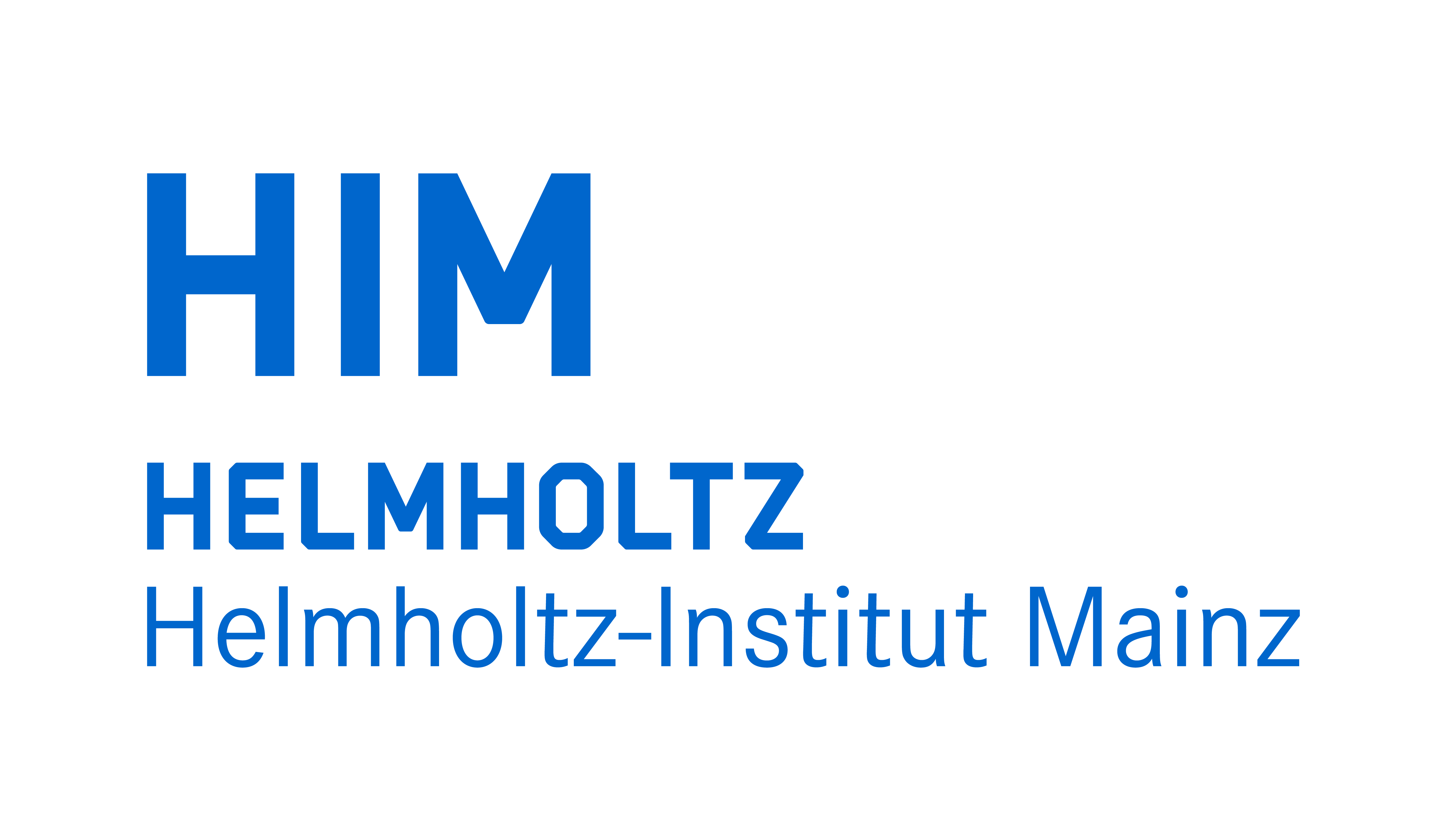


Physikalisches Kolloquium
July 3, 2012 at
5 p.m. c.t.
in
Hörsaal des Instituts für Kernphysik, Becherweg 45
Prof. Dr. Friederike Schmid
Institut für Physik
friederike.schmid@uni-mainz.de
Prof. Dr. Hartmut Wittig
Institut für Kernphysik
hartmut.wittig@uni-mainz.de
The Beneficial Role of Random Choices in Sociophysics
Prof. Dr. Andrea Rapisarda and Prof. Dr. Alessandro Pluchino (INFN, University of Catania, Italy)
It is well known that random noise can have a positive role in Physics: Stochastic Resonance is one important example among many others [1]. In this lecture we will illustrate the beneficial role of random choices in two simple models of Sociophysics. In particular the case of the Peter Principle [2,3] will be addressed by Andrea Rapisarda in the first part of the lecture, while the case of the efficiency of a Parliament [4] will be discussed by Alessandro Pluchino in the second part of the lecture.
For this research the authors have been awarded the IgNobel Price for Management in 2010 http://improbable.com/ig/winners/
" MANAGEMENT PRIZE: Alessandro Pluchino, Andrea Rapisarda, and Cesare Garofalo of the University of Catania, Italy, for demonstrating mathematically that organizations would become more efficient if they promoted people at random."
References
[1] R. Benzi, G. Parisi, A. Sutera, A. Vulpiani, Stochastic resonance in climatic change, Tellus 34 (1982) 10
L. Gammaitoni, P. Hanggi, P. Jung, F. Marchesoni, Stocastic Resonance, Reviews of Modern Physics 70 (1998) 1
[2] A. Pluchino, A. Rapisarda and C. Garofalo, The Peter Principle revisited: a computational study, Physica A 389 (2010) 467. See also http://oldweb.ct.infn.it/cactus/peter-links.html
[3] A. Pluchino, A. Rapisarda and C. Garofalo, Efficient promotion strategies in hierarchical organizations, Physica A 390 (2011) 3496.
[4] A. Pluchino, C. Garofalo, A. Rapisarda, S. Spagano, M. Caserta, Accidental Politicians: How Randomly Selected Legislators Can improve Parliament Efficiency, Physica A 390 (2011) 3944. See also http://www.pluchino.it/parliament.html